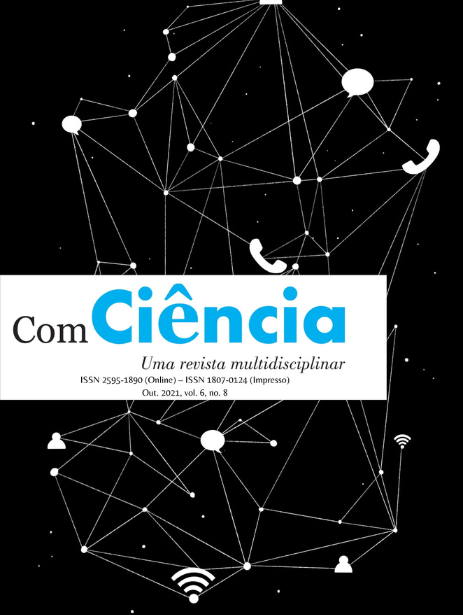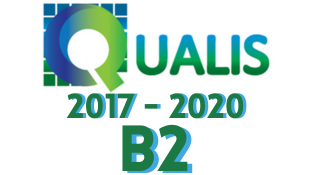Low permanence of COAFIS participants in the practice of physical exercises performed at home office: an experience report
DOI:
https://doi.org/10.36112/issn2595-1890.v6.i8.p5-10Keywords:
Physical exercise, Physical Education Professional, 2019 Novel Coronavirus DiseaseAbstract
Coronavirus Disease 2019 (COVID-19) had a direct impact on society's life. The search for physical exercise to minimize the effects generated by the virus, resulting from social distancing, forced the population to follow preventive measures which drastically reduced the spaces for exercising. Soon, the residence itself became an appropriate place, even if inappropriate, to carry out physical exercise. Therefore, a survival adaptation was necessary. This study, characterized as an experience report, aims to expose the reasons that led to the low permanence of COAFIS participants in the practice of physical exercises performed in the home office during the COVID-19 pandemic period. When analyzing the responses of twenty dropouts, it can be noted that the reasons that led to the dropout were: lack of time, Coronavirus contamination and/or sequelae, return to face-to-face activities and difficulty in adapting to the remote format.
Downloads
References
BOOTH, Frank W.; CHAKRAVARTHY, Manu V. Cost and Consequences of Sedentary Living: New Battleground for an Old Enemy. President's Council on Physical Fitness and Sports Research Digest. Washington, D.C. Series 3, n°16 March, 2002.
CAMPBELL, J. P.; TURNER, J. E. Debunking the Myth of Exercise-Induced Immune Suppression: Redefining the Impact of Exercise on Immunological Health Across the Lifespan. Frontiers in immunology, 9, 648, 2018. doi.org/10.3389/fimmu.2018.00648.
CAVALCANTE, Francisca Mayara Reis. Exercício físico durante a pandemia da Covid 19: dificuldades e novas possibilidades. 2020. 20f. Trabalho de Conclusão de Curso (Bacharelado em Educação Física) - Centro Universitário Fametro – UNIFAMETRO, Fortaleza, 2020.
FERREIRA, Maycon Junior; IRIGOYEN, Maria Cláudia; CONSOLIM-COLOMBO, Fernanda et al. Vida Fisicamente Ativa como Medida de Enfrentamento ao COVID-19. Sociedade Brasileira de Cardiologia. p. 601-601, 2020.
FRANÇA, Erivelton Fernandes; MIYAKE, Gabrielle Mitico; JÚNIOR, João Pedro da Silva. COVID-19 - Estratégias para se manter fisicamente ativo e seguro dentro de casa. Interamerican journal of medicine and health, 2020.
NEVES, J. L. Pesquisa qualitativa – características, uso e possibilidades. Cadernos de pesquisa em administração. São Paulo, v. 1, nº 3, 2º. sem. p. 2-5, jun. 1996
RAIOL, Rodolfo A. Praticar exercícios físicos é fundamental para a saúde física e mental durante a Pandemia da COVID-19. Brazilian Journal of Health Review, v. 3, n. 2, p. 2804-2813, 2020.
REIS, Vinícius Moreira Neves et al. Motivos para a não adesão de exercícios físicos em casa durante a pandemia do novo coronavírus. Revista Eletrônica Nacional de Educação Física, v. 3, n. 3, p. 36-36, 2020.
VIGÁRIO, Patrícia dos santos.; COSTA, Roberto Miranda Ramos. A covid-19 e o distanciamento social: quando a onda da internet substituiu a onda do mar para a prática de exercícios físicos. Revista Augustus, v. 25, n. 51, p. 357-369, 2020.
Downloads
Published
How to Cite
Issue
Section
License
Copyright (c) 2023 Revista ComCiência, uma Revista multidisciplinar

This work is licensed under a Creative Commons Attribution-NonCommercial 4.0 International License.





